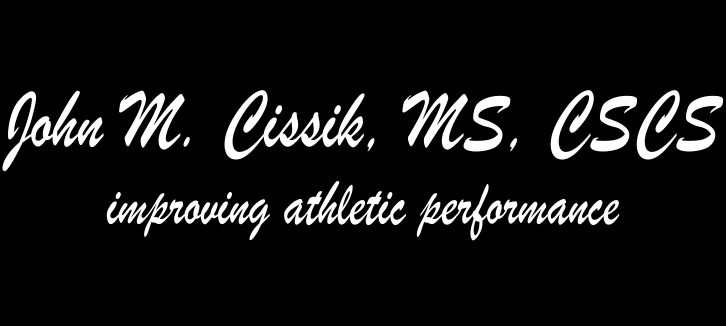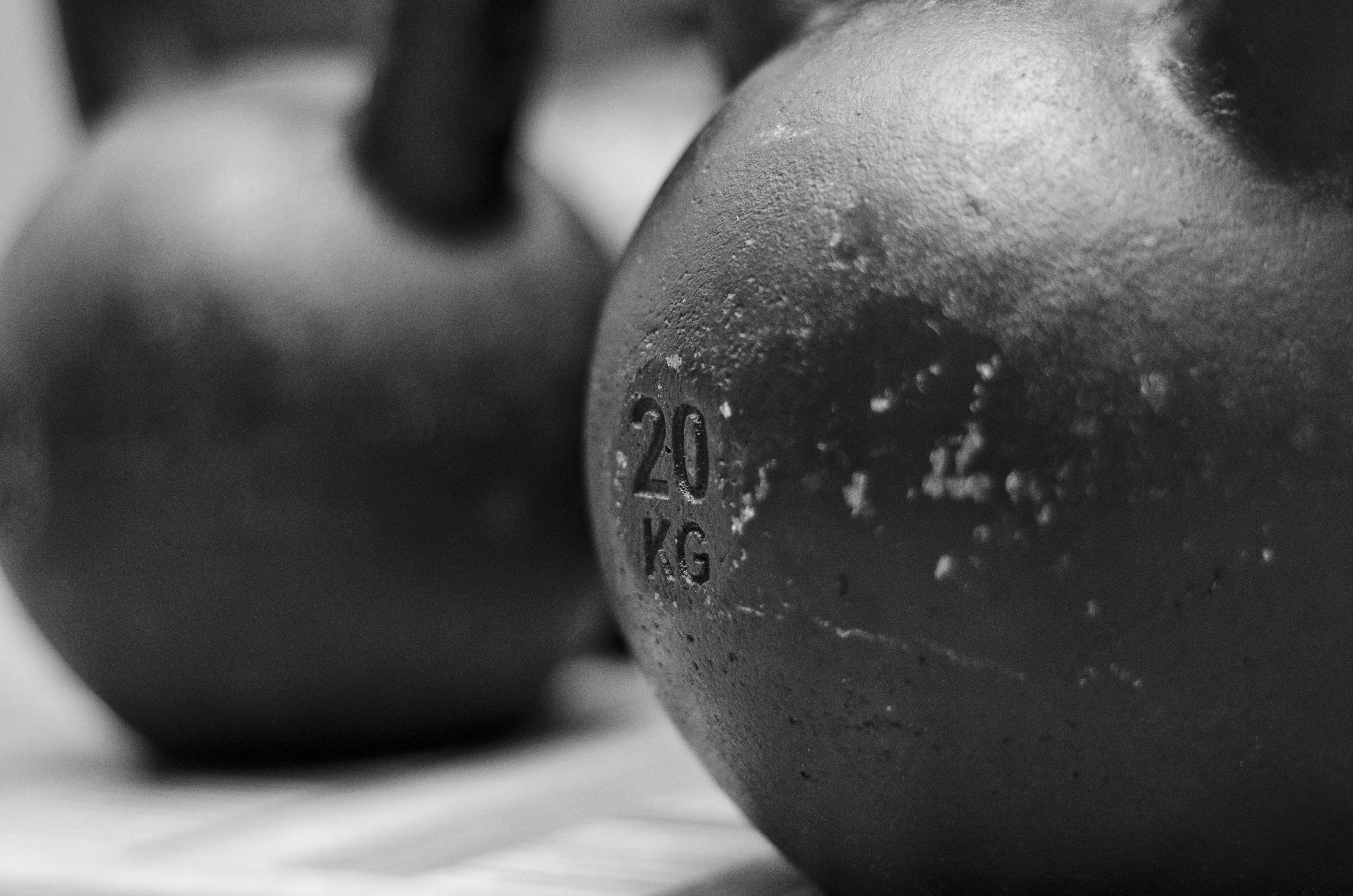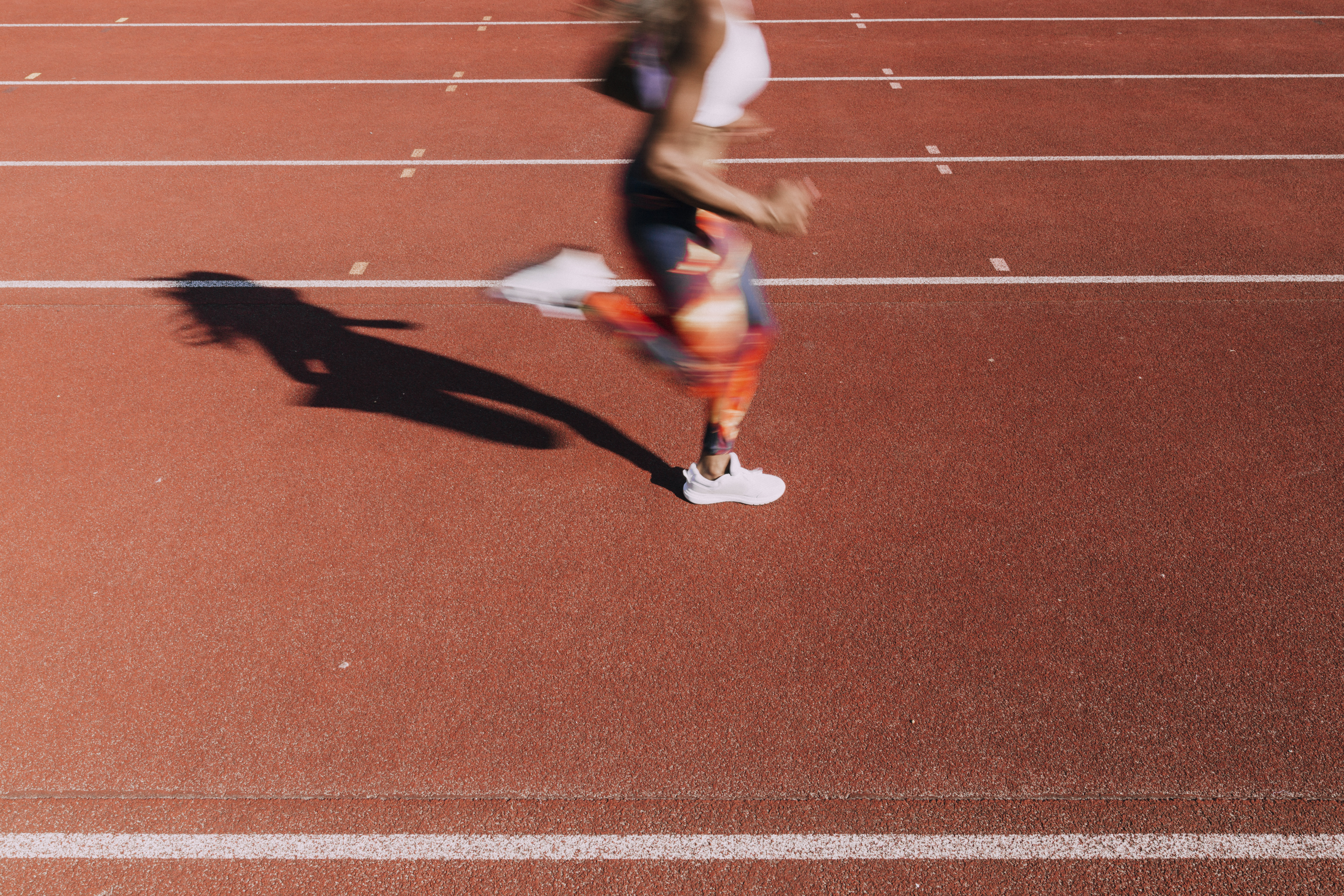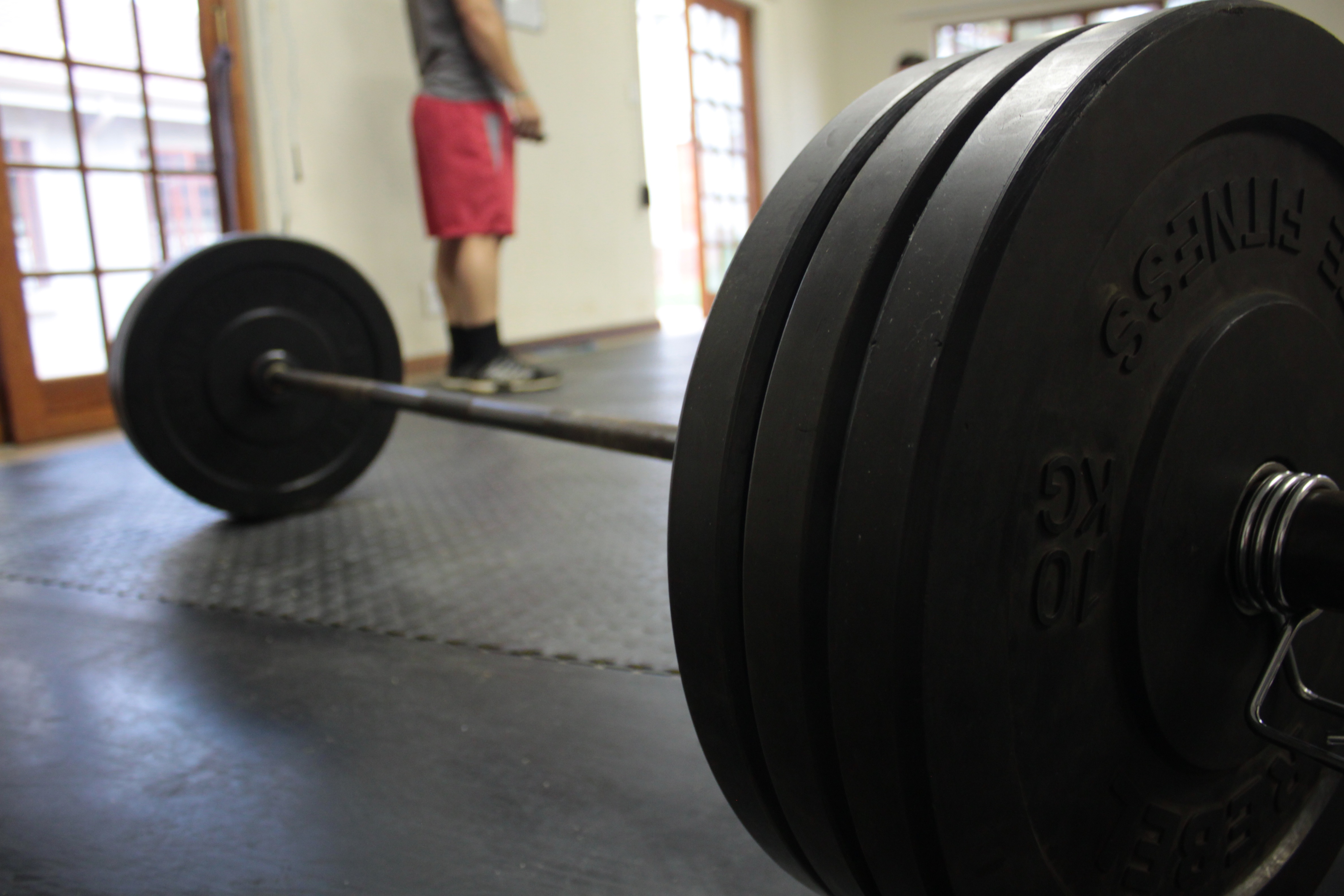Consider the Source
The sports coaching field is filled with information, especially with the internet, social media, and pdf’s. It can be overwhelming and impossible to keep up with. When I write these blogs, I try to write them for coaches in a team sports situation. This limits who these posts apply to. I do that because coaches in that situation have some challenges that are completely different from personal trainers, Olympic lifting coaches, and people that coach in a private performance facility.
Some of these challenges include very limited time, the need to work with a huge number of athletes at one time with limited staff, games/travel/practices interfering with training, sports coaches interfering with training, limited funds, and limited equipment. When I write posts about training athletes, I try to take all this into account and provide solutions to some of these challenges.
With the internet and social media, you get what I think of as expert critics. Expert critics like to attack anything that gets posted and like to argue things to death. It starts off with “Show me the research to support your opinion” then descends into argument until you admit publically that they are right. Now, I block every one of these people. Every single one – I don’t have enough time and their opinion isn’t important to me, plus this is the best way to get them really upset (how dare I ignore them!). Rarely do these people have the coaching background that either I have or that my audience has, they just want to be heard.
So with this post I wanted to write a little about the importance of carefully considering the limitations of experts and of journal articles. Much of what I’m going to say here can apply to both, but it’s important to understand that everyone and everything has limitations and this has to be factored in when you are considering whether or not to act on the information.
I’ll start with me. I haven’t worked for any professional teams, not one. That means I’m not going to give good advice to a professional sports coach – I don’t understand what they deal with on a daily basis. I have coached strength and conditioning, baseball, basketball, and special needs athletes – so I know a lot about those things. Just not at the highest level. I’ve also been involved with research, so I know a few things about that as well. But I’d be a terrible person to give advice about change-of-direction drills for professional tennis players (for example). And I understand all of that, which is why I write about the things that I do.
Journal articles have major limitations as well, they are not Gospel. Below are the ones you need to consider when reading them or quoting them chapter and verse:
- Who are the subjects? The majority of subjects in training studies are college students that are either enrolled in the classes of the researchers or are enrolled in activity classes (for example, a university strength training class). These are not athletes, they are not of the same age as the athletes I work with, they do not have the same training history that my athletes do, don’t have the same workload that my athletes do, etc. This means that a lot of these studies may not apply to my situation. For obvious reasons it’s going to be difficult to get elite athletes to change their training program just to determine what happens…
- Who are the authors? Everyone is going to get upset about this, but this is important. Are they coaches like me? Are they in a similar situation to mine? That has an impact on the relevance of the information. For example, many of these Eastern European experts that everyone likes to quote chapter and verse never actually coached.
- Is it a real-world training situation? Most training studies don’t resemble real-life training. For example, it may be a study where group A does squats twice a week and group B does leg presses, but those are the only exercises done. This doesn’t apply to sports situations where athletes may do 4-5 exercises in a session, sprint, do plyos, practice the sport, compete in games, etc. It’s comparing apples to grape fruit.
- Do the conclusions match the results? There are times where there may be other factors that caused the results. For example, a periodization study that finds that a certain “type” of periodization is better than another. Turns out that the reason it was better is that one group trained heavier than the other during the study…
- Do those results apply to my situation? When looking at the subjects, the training protocols, the conclusion/results, and the authors you have to ask yourself if this applies to your situation. If it doesn’t, then you have to question whether this is going to be something for you to invest in.
I like research, it’s great for getting insights into what is going on in the body. But everything has limitations and you have to factor that in. As coaches, it’s our job to develop and to learn so that we are better able to serve our athletes – this also requires us to think for ourselves and question things.




